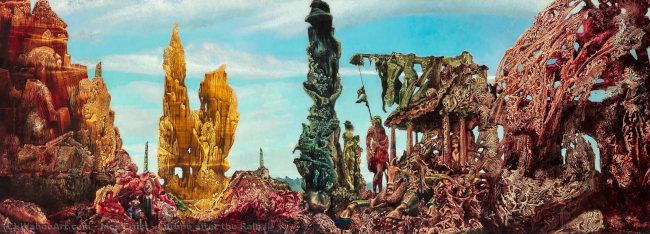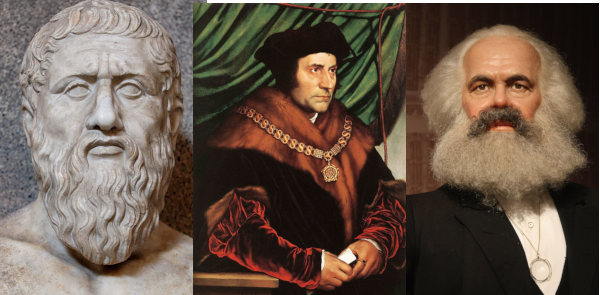What is an idea? What exactly happens when we exclaim “I have an idea”? Where do ideas come from, and what reality do they possess? These questions still puzzle philosophers, psychologists, and scientists, and they form the core inquiry of this exploration into the nature of human thought.
Do Ideas actually exist?
Let’s face a paradox: ideas seem simultaneously real and unreal. You cannot bump into an idea as you would a wall, yet ideas have shaped human history more profoundly than most physical objects. When we consider the neural activity in our brains, we can measure our thoughts but trying to force them often prevents their emergence. Ideas frequently arise when we’re relaxed or thinking about something else entirely, suggesting a mysterious creative process beyond our conscious control.
Many examples show how similar ideas often emerge simultaneously in different minds, as with Newton and Leibniz’s development of calculus or Darwin and Wallace’s theory of evolution. This phenomenon suggests ideas may have an internal logic and coherence that transcends individual minds. This analysis shows how ideas can gain momentum through history, eventually becoming ideologies that attempt to force reality to conform to them.
Max Ernst’s Europe After the Rain shows how ideas can take strange forms in surreal expressions, staging the destruction caused by wars waged in the name of ideas or ideologies.

Can Gods and Ideas die?
Drawing on Neil Gaiman’s “American Gods,” can gods, powerful living ideas, die when forgotten? Ancient deities who once received human sacrifices now exist only in dried-up tales, their names barely remembered. Yet other ideas persist for millennia, evolving across cultures while maintaining their essential character.
What is our relationship with ideas? Are we merely temporary vessels through which ideas express themselves? Do ideas have a life cycle independent of individual humans? We will encounter a form of “trans-subjectivity” where ideas live beyond any single consciousness, gaining power as they pass from mind to mind across generations.
The long history of the Idea of Utopia
Utopia has a long history, dating back to Plato, who developed his Idea of Justice in his famous Republic, but also in the myth of Atlantis, which embodies his political conceptions. This notion will be very fruitful in the history of ideas, but also in the history of humanity: hasn’t this an ideal city or perfect society sought to be realized throughout history, beyond Thomas More’s work ? Can an idea outlive its creator, transform itself over time, and take shape by seeking to extend itself to all of reality – from ideology to totalitarianism? We will have the opportunity to question the consequences of the Marxist approach: materialism or the height of idealism?

Are any of our thoughts truly our own?
C.G. Jung’s warning about ideas falling upon us “with the destructive power of an avalanche” gains particular resonance: how much freedom have we actually in choosing our ideas? Could powerful thought-forms accumulated over centuries shape our consciousness in ways we barely recognize? Jung suggests it’s essential to comprehending our place in the world and the forces that move through human history.
We are conducted to a sobering question about freedom: If our thoughts are shaped by mental contents we’ve inherited and strengthened over centuries, what choice do we truly have?
Whether you’re interested in philosophy, psychology, history, or simply understanding your own thought processes better, this exploration of ideas offers insights into what it means to be a thinking being in a world shaped by thoughts that long predate us.
Please read on !
